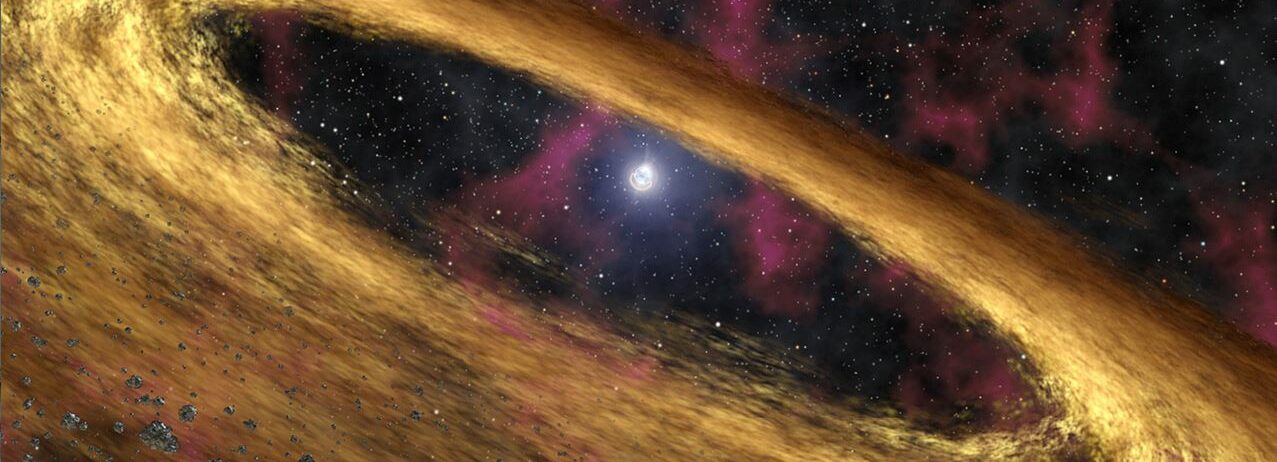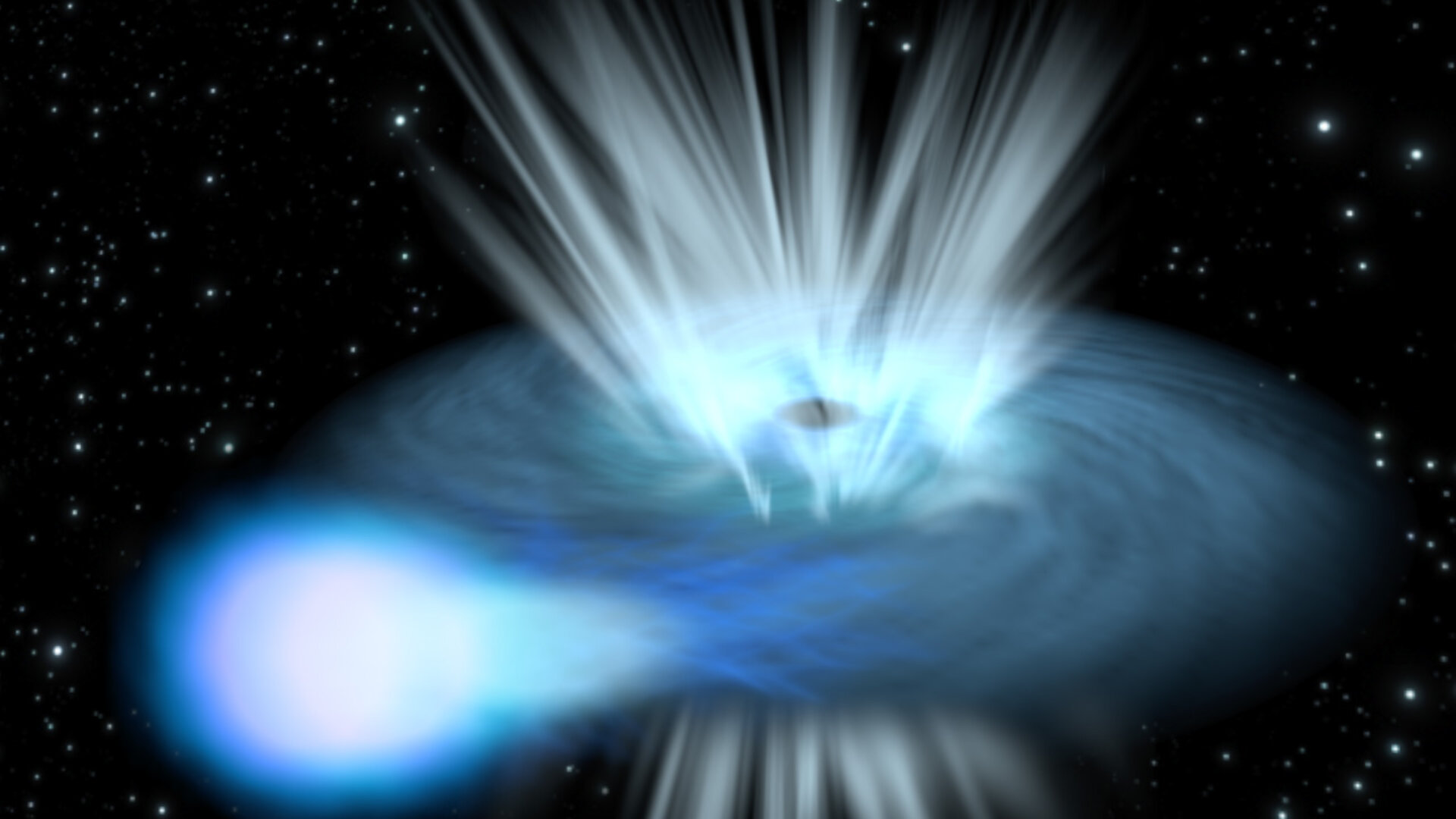The ultimate fate of planetary systems
le 28 octobre 2022, 11h à 13h, Sylvie Vauclair, salle Jules Verne, OMP, site Belin
The formation and evolution of planetary systems are important subjects. But what about their ultimate fate, when their host stars evolve as red giants, lose their gaseous envelopes as planetary nebulae, and end their lives as white dwarf stars? Recent detailed studies of white dwarfs bring important information on that subject. Debris discs, remaining from the ancient planetary systems, have been discovered around many of them. Heavy elements are present in these white dwarfs’ atmospheres, in proportions similar to those of terrestrial bodies, proving that they are accreting matter coming from ancient planetary systems. Remaining small bodies, like asteroids, migrate toward the white dwarfs, are destroyed by tidal effects, before falling onto the stars. Numerical simulations allow evaluation of the accretion rates, and of the masses and chemical composition of the disintegrated bodies. Recent x-ray observations, showing evidence of accretion on these white dwarfs from a completely different viewpoint, globally confirm the proposed scenario. Much work is needed to go further in that subject and better understand planetary systems from the study of their ultimate fate.






